Lori Byrd Phillips is the U.S. Cultural Partnerships Coordinator for the Wikimedia Foundation and the Wikipedian in Residence at The Children’s Museum of Indianapolis. As a museum studies graduate student at Indiana University-Purdue University Indianapolis she has been researching the role of Wikipedia in the future of museums, a topic she has previously written about on this blog. At this year’s AAM Annual Meeting you’ll have the chance to learn more about Wikipedia in the session, “Wikipedia and the Museum: Lessons from Wikipedians in Residence.”
I was struck recently by a statement made in the introduction to Letting Go? Sharing Historical Authority in a User-Generated World (2011): “Long before Wikipedia, museums were wrestling with the benefits and consequences of de-centering expertise.” Just look to Duncan F. Cameron’s 1971 landmark article, “The Museum, a Temple or the Forum,” and it’s clear that the museum field has been considering the role of visitors within the scope of museum authority for some time—thirty years, in fact, before Wikipedia was established in 2001.
Today Wikipedia is often cited as a quintessential example of de-centralized knowledge sharing, an open source, global, collaborative platform that has caused many to question the role of credentialed authority in the digital sphere. Museums are now wrestling with this pervasive culture of transparent, user-generated content, while struggling to maintain their established authority.
In my graduate studies, I’m currently researching Wikipedia as a platform for museums to openly and collaboratively share cultural resources. This links naturally with issues of the future of museum authority and the ethics of crowd-sourcing content. But why do these two concepts need to be at odds? I see the successful future museum as one that embraces the culture of the open, collaborative Web, while still maintaining authority. I call this concept, “open authority,” a model that achieves a balance by bringing together the museum’s established expertise with the contributions of broad audiences via the open Web. In my definition, “open” draws its influences from the free and open source software movement, which is strongly linked with ethical issues in museums such as transparency, accessibility to content and the role of digital audiences.
Skip over related stories to continue reading articleMuseum authority has been discussed repeatedly on the CFM blog, including in a post about the Forecasting the Future of Museum Ethics survey, which points to the ethical dilemmas that may arise when incorporating amateur experts into the interpretation of museum content. Similarly, as American Historical Association president William Cronon has exemplified, the history field has debated the role that the open Web might play in scholarly authority, specifically discussing what part they, as experts, should play in contributing to Wikipedia.
Just as “authority” has become a trending dialogue, so has the concept of openness. At the recent Horizon Report Retreat hosted by the New Media Consortium, leaders in the education and museum fields included “Openness” among their list of meta trends, stating that, “Openness—Concepts like open content, open data, and open resources, along with notions of transparency and easy access to data and information—is moving from a trend to a value for much of the world.” As openness is becoming more of an expectation within our society, museums should be looking to ways to become more open while maintaining their authority.
Museum authority can especially step in to achieve balance as our fast-paced, digital world is flooded with content that is impossible to fully digest. Rob Stein, deputy director of research, technology, and engagement at The Indianapolis Museum of Art, recently pointed out the nuance between a museum that is “authoritative” and “authoritarian.” Just as Cameron (1971) stated that museums should be both a temple and a forum, Stein points out that museums should remain authoritative in their representation of culture, but avoid being authoritarian. Being authoritative is not the antithesis of being participatory. The two should work hand in hand.
One way “open authority” might occur is when museums more purposefully take on the role of facilitators of content. The New Media Consortium’s Horizon Report meta trends note the need for authoritative curation in the digital realm: “As authoritative sources lose their importance, there is need for more curation and other forms of validation to generate meaning in information and media.”
Nina Simon encourages museums to put this into practice by being facilitators of platforms, Wikipedia being one of many that we need to better utilize.
Museums have been slow to embrace the potential of facilitating and engaging in open, collaborative platforms, and even slower in seriously incorporating user-generated content into the core of interpretation. However, as the Web continues to move towards even more open, collaborative and prolific content creation, museums will more clearly see the need to rise to the occasion. Already, transparency is beginning to be seen as the rule, not the exception. One day, it may be just as much of a standard, ethical obligation to adopt the ideals of “open authority” as it is now to remain stewards of our collections. Now wouldn’t that be something?
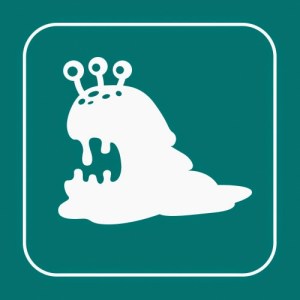
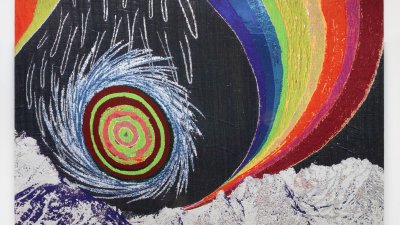
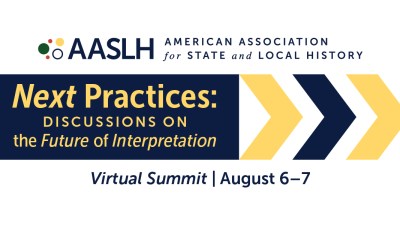
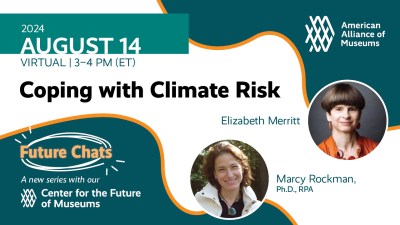
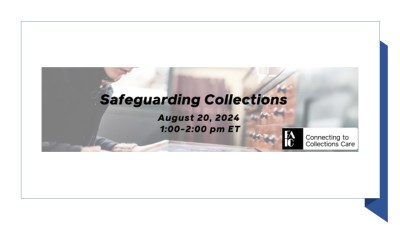
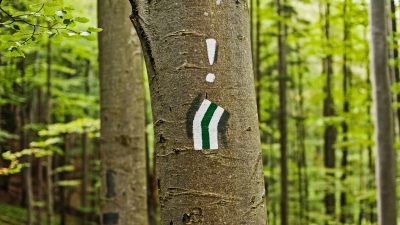
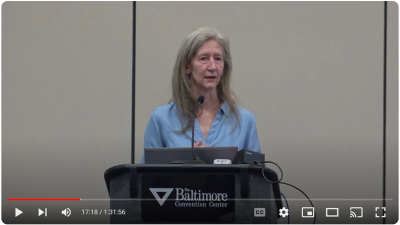
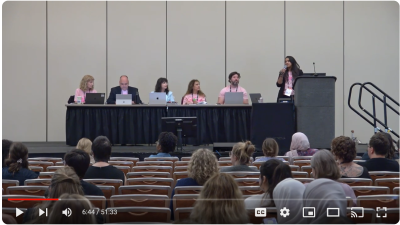
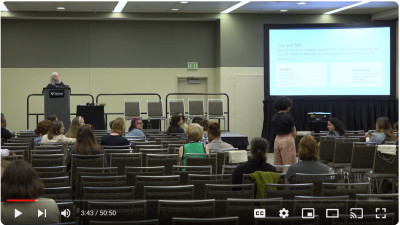
How can I find out more about the various ways in which Open Authority can work? Does it mean that the public contributes research and content for exhibits? Does it mean they're engaged in selecting the subject or artworks for an exhibit? Are they involved in exhibition design and construction?
And how do you select people to be involved? Are there limitations as to who can participate?
Just wondering where I can find out more about these trends. Thanks!
Hello Alessandra. Some museums are "crowdsourcing" input on some projects (welcoming public participation). You can read more about that in these posts
http://futureofmuseums.blogspot.com/2012/02/curation-of-collaboration-experiments.html
http://futureofmuseums.blogspot.com/2011/07/more-crowdsourced-scholarship-citizen.html
Also, Nina Simon covers the topic of "participatory design" (involving the public in design of exhibits) at her blog Museumtwo.blogspot.com
I hope this gives you some starting points for your reading!
The Green Museum class in The George Washington University's Museum Studies Program this fall added a good deal of content to the Wikipedia entry 'green museum'. The class project was a pilot for the department's future work with Wikimedia Foundation. It gave students a chance to research and highlight environmental sustainability practices in museums, zoos and gardens around the country. The students found themselves surprised by the editing process and excited about this media format for museums. The students came to consider Wikipedia-fluency to be an important career skill. We will repeat the experience for sure.
@Alessandra: Thanks for the comment and thanks AAM for the great reply & examples. There have been so many great projects that incorporate user-generated content and insights, and for each the museum has maintained a different level of authority. There's no specific answer to any of your questions, as I think it's something everyone is still figuring out. I did feel, however, that by putting a name to it, "open authority" could provide a more solid, comfortable foundation for museums to fully embrace these types of projects.. –And not just as fun on the side, but really incorporated into the core of their interpretation.
@Sarah: Thank you for pointing out the great work done at GWU! I am really passionate about the role of Wikipedia in promoting 21st century research skills in an online, collaborative environment. It's also authentic learning – students aren't just writing a paper and forgetting about it, but sharing their work on a global scale. Wikipedia is making great strides toward reaching out to students to help fill the gaps in content. In the future I have high hopes that this can be more fully implemented for scholars and other content experts, as well.
Tremendously interesting blog post, Lori—you are bringing together ideas that fit together naturally, but are being discussed in different places. I look forward to your continued reflections in this space!
I do think that there is a widespread, but highly inaccurate, perception that those participating in peer production communities like Wikipedia "reject" or undervalue authority. Not true! Authoritative sources are the single most valuable resource to us in resolving disputes, and keeping our projects from devolving into shouting matches.
But there is an open question about the best ways for experts and enthusiasts to collaborate. We have lots of good isolated examples, but I don't think anybody has yet put together a pithy and cogent framing of (or set of suggestions for) this kind of relationship.
Looking forward to your next post!
-Pete Forsyth (http://wikistrategies.net)